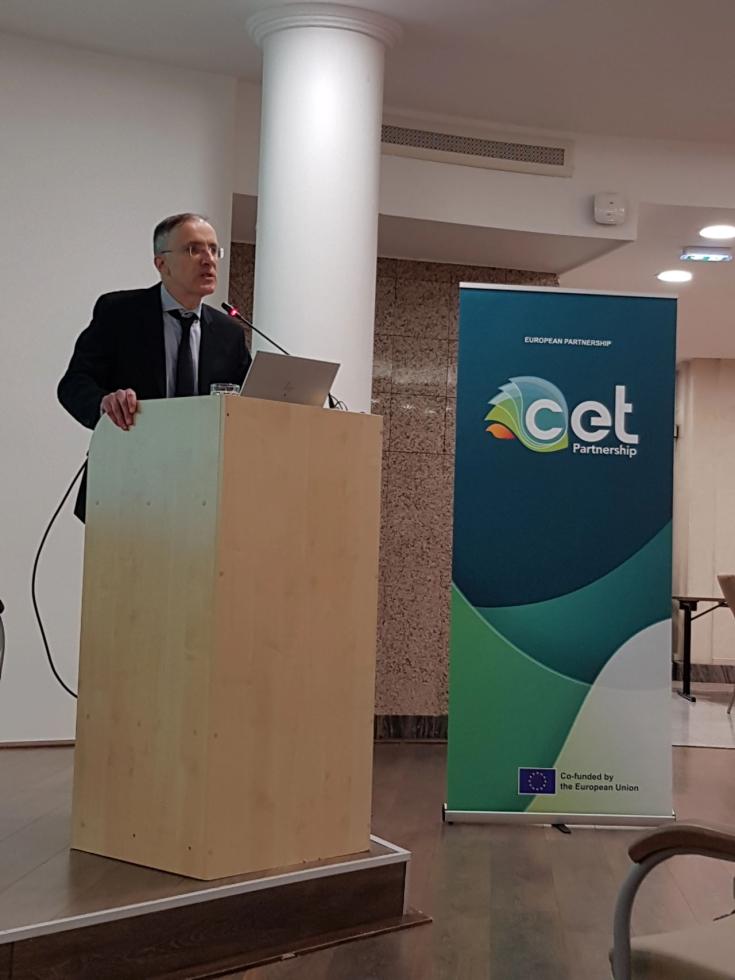Cross-Cutting Themes in Energy RDI: Insights & Implications
The Clean Energy Transition Partnership (CET Partnership) event, held on 13 November 2024 in Budapest as a side event to the 18th SET Plan Conference, emphasized the significance of addressing cross-cutting, non-technological themes in energy research, development, and innovation (RDI).
Discussions at the event were highly relevant to the partners and stakeholders of the Interreg Europe project UNLOCK, which aims to unlock the green hydrogen economy for SMEs in European regions. Dr. Beata Kviatek, Jean Monnet Chair in Sustainable EU Economy, represented the UNLOCK project and actively participated in the discussions. The event underscored the importance of incorporating cross-cutting, non-technological themes in energy RDI.
Vincent Berrutto, Head of Unit for Innovation, Research, Digitalisation, and Competitiveness at the European Commission’s DG Energy, presented the dedicated Task Forces established to tackle these cross-cutting issues. Additionally, Michael Hübner, Coordinator of the CET Partnership, highlighted how these dimensions are seamlessly integrated into both the Clean Energy Transition Partnership and the European Strategic Energy Technology Plan.
The event also introduced new Joint Calls for energy RDI, which will require consortia to address key cross-cutting, non-technological themes such as circularity, digitalisation, participation, and transition. Furthermore, the focus will be placed on market access, societal needs, and connecting regional and global innovation ecosystems.
The CET Partnership, as a co-funded public-public partnership and a collaboration between public R&I funders, offers the opportunity to work with and support partnerships with third countries. However, this may be more challenging for public-private partnerships, as such collaborations could be seen as more competitive.
Implications for Policymakers: The emphasis on cross-cutting themes highlights the need for comprehensive policy frameworks that integrate technological and non-technological aspects of the energy transition. Policymakers must consider these dimensions to create effective and inclusive strategies.
Green Transition: Addressing non-technological themes such as circularity and digitalisation is crucial for achieving a sustainable energy transition. These themes ensure that the transition is not only environmentally friendly but also economically and socially viable.
SME Competitiveness: The focus on market access and connecting innovation ecosystems provides SMEs with opportunities to participate in and benefit from the green transition. By addressing societal needs and facilitating market entry, SMEs can enhance their competitiveness and contribute to sustainable development.
Overall, the event highlighted the critical importance of addressing non-technological themes in energy research, development, and innovation, paving the way for a more integrated and sustainable energy transition.

